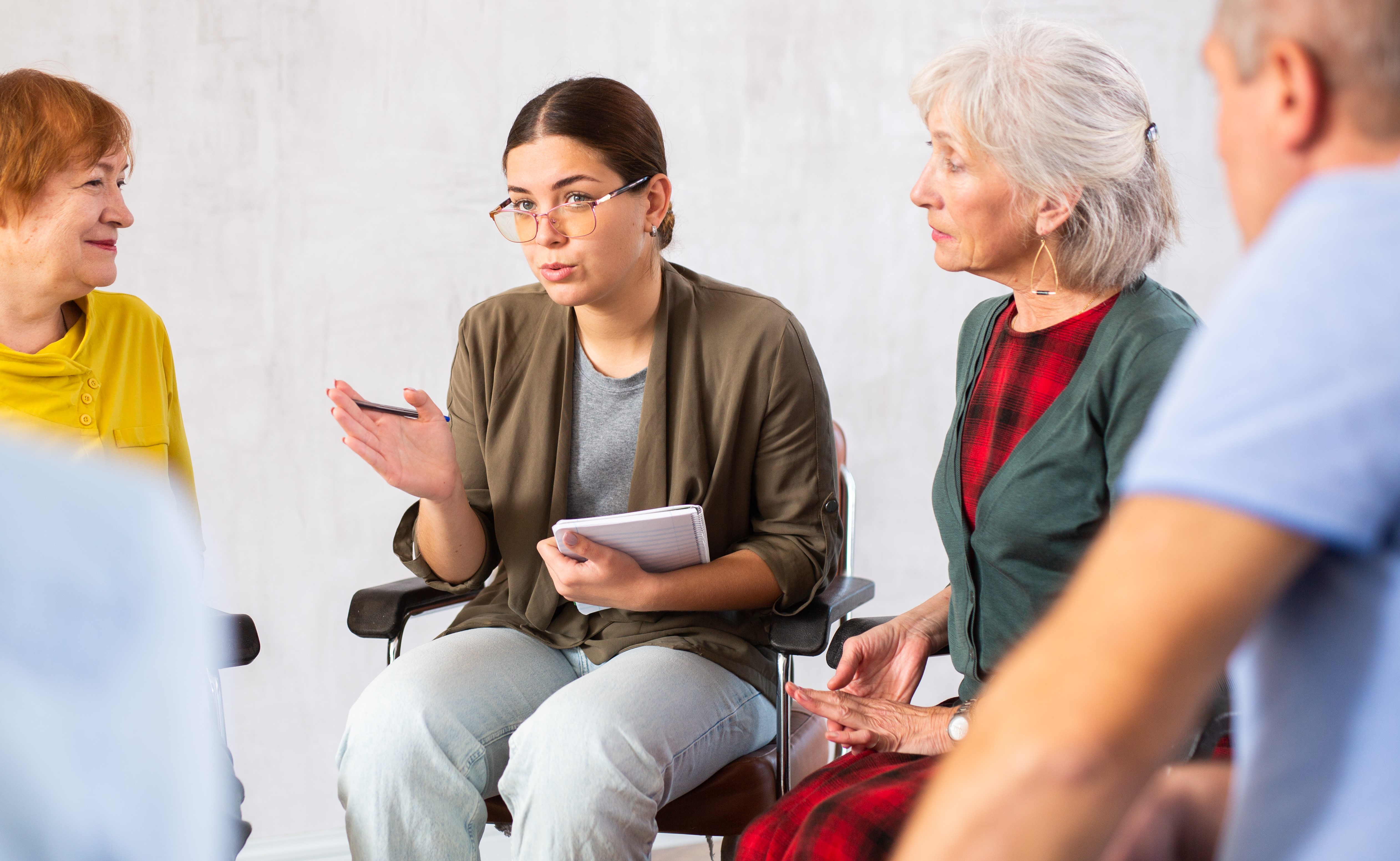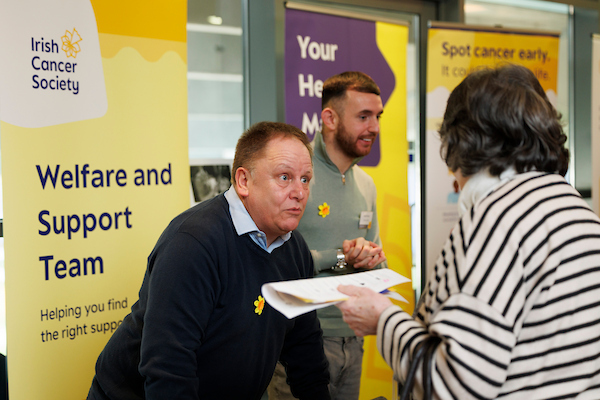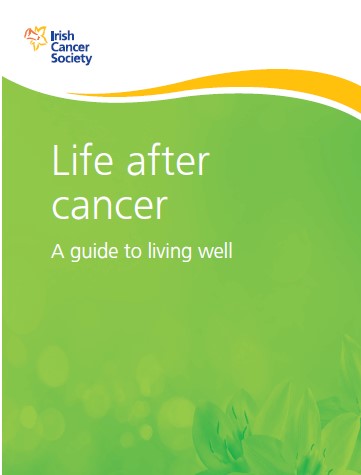Uterine (womb) cancer
After treatment
What follow-up do I need?
After your cancer treatment has ended, you will still need regular appointments with your cancer specialist. This is called follow-up. Follow-up may involve having a physical exam, blood tests and scans.
Your doctor will discuss your follow-up plan with you.
Make sure you understand your follow-up plan and have a phone number to contact if you have any queries.
Ask any questions you have, and to let your doctor know if you are having any problems. Tell them about any new symptoms, aches or pains you have, or if you are finding it hard to cope. It can help to write down what you want to say beforehand, so you don’t forget anything.
When to contact your doctor or specialist nurse
If you experience the following 'alert symptoms', contact your doctor or specialist nurse
- Vaginal bleeding or discharge
- Pain or discomfort in tummy or pelvis
- Pain or discomfort in back or legs
- Swelling in tummy or legs
- Unexplained weight loss
- Unexplained lethargy or tiredness
- Loss of appetite
- New or persistent cough or shortness of breath
If you are between check-ups and have a symptom or problem that is worrying you, call your specialist nurse for advice or to arrange an earlier outpatient appointment if necessary.
If you become suddenly unwell and can’t contact your specialist nurse or hospital team, go to your GP or the emergency department at the hospital.
Why follow up is important
It’s important to go to your follow-up appointments so your doctor can check for signs of the cancer coming back (recurrence) and help with any side-effects that you may have. They can also check for new side-effects that may develop after you have finished treatment. It is best to be aware of these as early as possible so that suitable treatment can be given.
Life after treatment
The end of treatment is a time when people often expect to feel relieved, happy and able to get on with life again, but it can take some time to adjust and for your body and mind to recover.
We have information to help you with:
- Side-effects
- Your feelings after treatment
- Living a healthy lifestyle
- Financial and practical matters
LACES after-treatment workshop

Join our Life and Cancer – Enhancing Survivorship (LACES) programme when you have finished treatment or started maintenance therapy.
This workshop covers topics such as diet, exercise, wellbeing, finance and self-management and gives information on support and services to help you.
What if the cancer comes back?
Sometimes cancer does come back, even after successful treatment. Cancer cells may remain in your body and grow again, although your doctors do all they can to prevent this.
If the cancer comes back in the uterus or somewhere else, you can still have treatment. For example, radiotherapy, chemotherapy or hormone therapy. Or you may be suitable for a clinical trial.
You may also have treatment to manage any symptoms from your cancer. This is called symptom control or palliative care.



Talk to a Cancer Nurse

Support Line
Our Daffodil Centres


